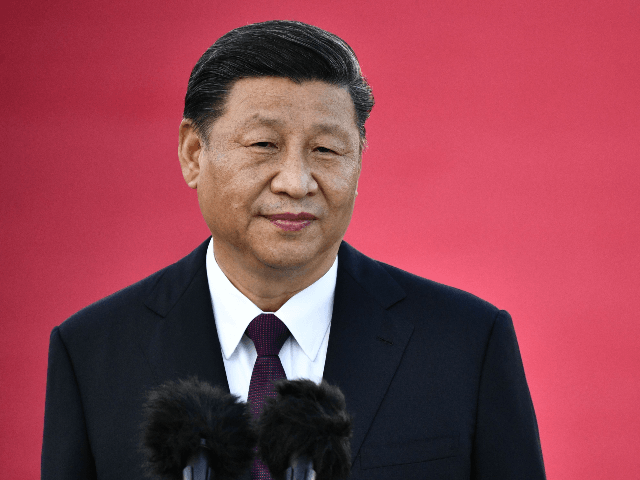Chinese state media denounced the first debate between President Donald Trump and former Vice President Joe Biden as the “epitome of U.S. chaos,” a “representation of the sharp division within U.S. society,” and a sign of America’s inferiority to authoritarian one-party Communist China.
China’s state-run Global Times on Wednesday criticized the debate as “full of personal attacks and disruptions which jeopardized the audience’s viewing experience” and assumed the American audience must have been “disappointed.”
The Chinese Communist paper saw Biden as Beijing’s champion against Trump’s supposedly outrageous attacks:
As for China agendas, Trump took aim at China by blaming China for the raging COVID-19 epidemic and US economic woes. But he did not entangle himself too much in the issues but mainly targeted Biden. But in the following debates, especially on foreign policy, it is believed China will be the main agenda.
Biden is anticipated to attack Trump over China-related issues. Trump may make China the scapegoat of his inability to deal with the epidemic, blast the business ties Biden’s son has with China and even accuse China of helping Biden to win the election. The topics relating to Hong Kong, Xinjiang, Taiwan and the South China Sea may also be put on the table, and the two candidates will criticize each other for being not tough enough on China.
The Global Times harped on racial issues in the United States, as Chinese media often does — and it did so just one paragraph after daring to mention Xinjiang, where the top “racial issue” involves the ethnic Han government using Uyghur Muslims as slave labor:
The two also engaged in finger-pointing when debating racial issues. Racial issues are triggered by the fundamental divergences over US values and where the US heads within its society. Such divergences are implacable. What is worse, the US leadership is intensifying the divergences, making conflicts between different races more difficult to resolve.
The People’s Daily, the official newspaper of the Communist Party of China, lectured that American voters must be really tired of their politicians squandering good relations with the friendly and lovable regime in Beijing by hyping the “China threat”:
The US can neither achieve lasting unity by “making” foreign enemies at the expense of America’s own interests nor deceive the public for a long time by playing a dangerous game of misleading the world about its relationship with China, as truth will come to light sooner or later.
It should be noted that the extreme words and deeds of the US for grabbing attention and gaining private profits will harm the country’s future.
[…]
Certain US officials have shockingly expressed their desire for conflict. Their political shows to deflect attention and shift the blame to other countries are not conducive to solving the increasingly serious systemic crises inside the US Instead, such practices have caused damage to international relations that should not be overlooked.
The People’s Daily warned that “short-sighted political calculations are doomed to do more harm that good to the U.S.,” because “America has no choice but to come to some kind of way to live peacefully with China.”
As China critic Gordon Chang tartly observed in response to the Global Times editorial, fiery presidential debates do not occur under authoritarian collectivist regimes: “In China, no one is allowed to disagree with Xi Jinping. Those who do are never heard from again.”

COMMENTS
Please let us know if you're having issues with commenting.